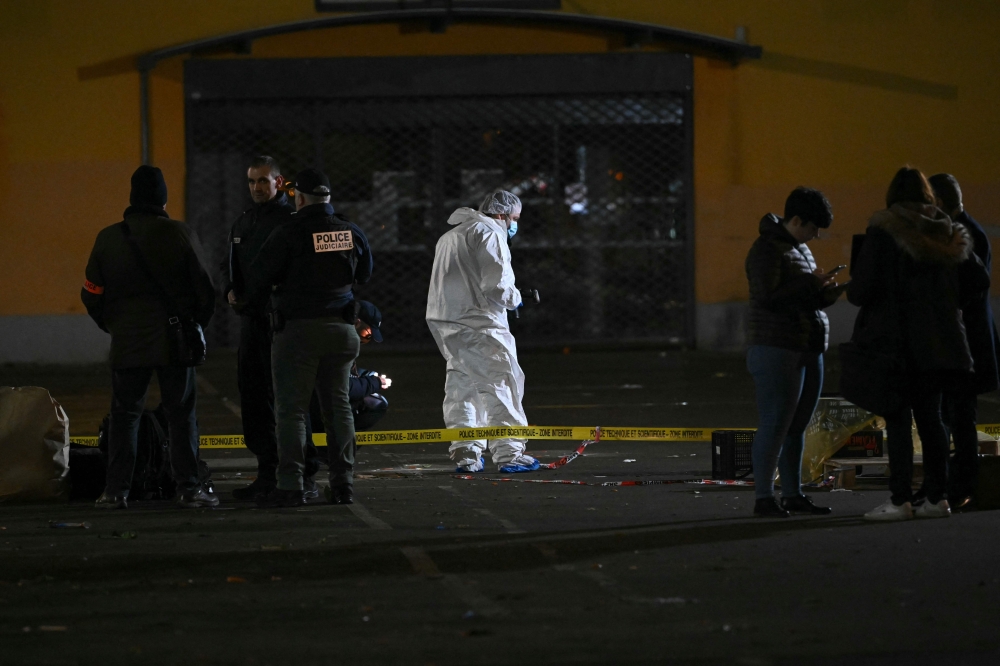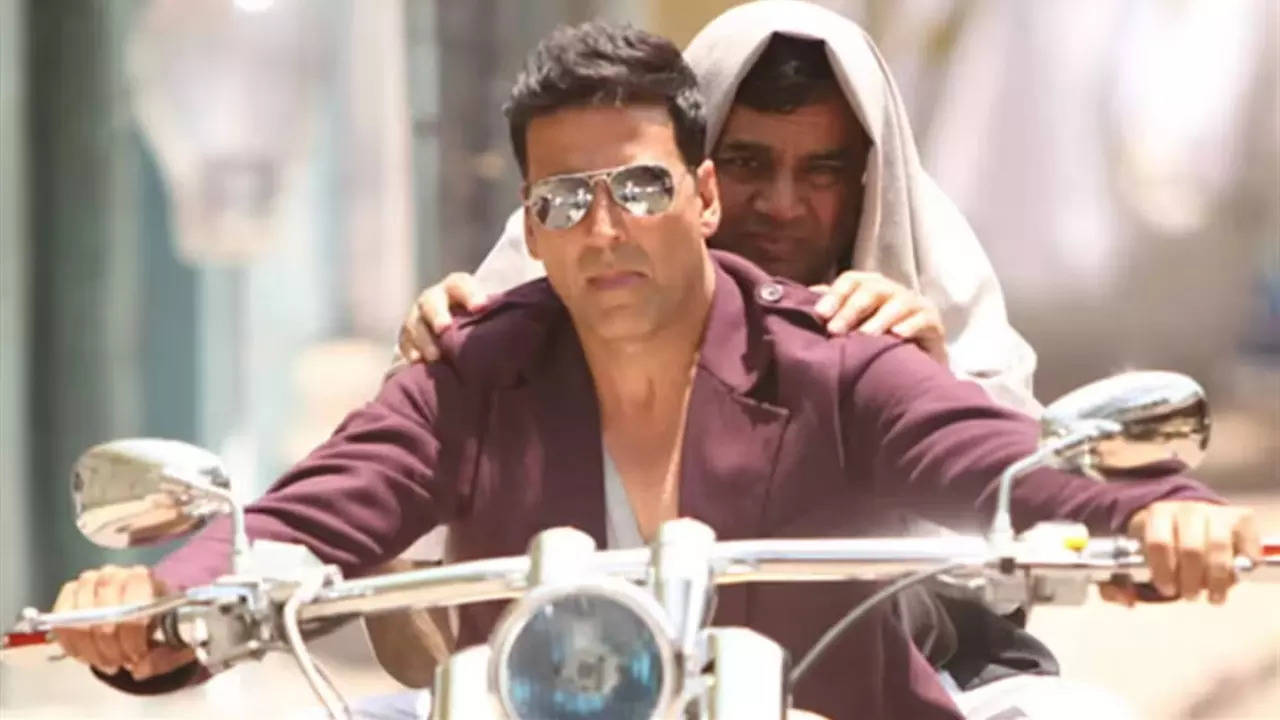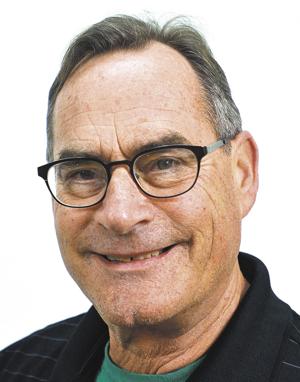
House Speaker Don Scott , D-Portsmouth, is appointing an emergency committee of state legislators to assess the potential effects on Virginia's economy and state budget from President Donald Trump 's executive actions to slash the federal government workforce and cut federal spending vital to the state's delivery of services to the public. With almost 145,000 civilian federal employees in Virginia and more than $106 billion in federal contracts in the state, Scott has appointed a committee of House members - seven Democrats and five Republicans, primarily from Northern Virginia and Hampton Roads. The lawmakers will study "the potential scope of workforce and funding cuts, analyzing the likely impacts of these cuts on Virginia's economy and budget should they be partially or fully realized," and make recommendations by next fall on how to respond to those challenges, as Scott outlined in a letter to House Clerk Paul Nardo.
"This has the potential to be devastating for the commonwealth of Virginia," the speaker said in a telephone interview. "We can't wait." Bulova Bloxom Virginia House of Delegates The committee will be led by Del.

David Bulova , D-Fairfax, and Del. Robert Bloxom , R-Accomack, both members of the House Appropriations Committee. They said in separate interviews that they want a fair assessment of how the president's actions will affect Virginia's economy and its state budget.
The House and Senate will vote on Thursday on proposed budgets that include provisions to require the governor to submit a revised budget to the General Assembly to reflect any reduction of federal revenue of more than $100 million - not including the extension of federal tax cuts - so the legislature can convene a special session to respond. "It is very clear that there is no part of Virginia that will not be impacted in one way or another," Bulova said. Bloxom, representing a district that includes the entire Eastern Shore and part of Virginia Beach, said Wednesday that it's too soon to say how actions at the federal level will affect the state, especially the income tax revenues that pay for core public services in the general fund budget.
"All of this is just conjecture and speculation on what might happen," he said. "I think we just need to know the possibilities, good and bad." Scott said he has no faith in Gov.
Glenn Youngkin, a Republican ally of Trump who might have national political aspirations, to take a hard look at the threats to Virginia's economy and state government from the president's actions after just over two weeks in office. "It looks right now like the only folks who will take a look at this is the legislature," the speaker said. "I think the (state) executive branch has conceded.
" The House speaker isn't the only Virginia elected official trying to mount a bipartisan response to Trump's executive orders. Vindman Vindman campaign Wittman Rep. Eugene Vindman, D-7th, introducing his first legislation on Wednesday since his election in November, has enlisted Rep.
Rob Wittman, R-1st, as cosponsor of the "Support Military Families Act" to provide an exemption for military families from the president's order for federal employees to return to their offices instead of working remotely. Wittman, who represents parts of Hanover, Henrico and Chesterfield counties, is vice chairman of the House Armed Services Committee, on which Vindman serves. Vindman, a 25-year U.
S. Army veteran who lives in eastern Prince William County, said he introduced the bill in response to a constituent in the Charlottesville area whose husband is an active-duty member of the military. She has worked 18 years in a federal civilian job that would require a 200-mile round-trip commute to her office in Washington, D.
C. "No military family should have to make this choice," Vindman said in a statement on Wednesday. Wittman said he joined the bill after hearing from a constituent in Yorktown whose military family relies on two incomes.
"The ability to maintain consistent employment through military moves is essential for her family’s well-being, and remote work has made it possible for her to maintain her federal career despite the frequent relocations that come with military life," he said. "Supporting the careers of military spouses is patriotic and just plain common sense." He said in an interview that he is working on a congressional letter to the administration to request that it broaden exemptions in the order to include military spouses.
Trump signed his "Return to In-Person Work" order at Capital One Arena after his inauguration on Jan. 20. It orders the leaders of agencies and departments in the executive branch to take steps to end remote work and return employees to their offices "as soon as practicable" and "consistent with applicable law.
" It also allowed department and agency heads "to make exemptions they deem necessary," but Vindman said in an interview that many department directors may be afraid to do so. The legislation also would direct the Comptroller General to report to Congress on the number of executive branch employees who are married to a military member, how far they would have to commute to and from their offices, and the economic impact, including lost productivity for the federal government. The 7th Congressional District, anchored in eastern Prince William and the Fredericksburg area, includes more than 55,000 federal civilian workers, not including members of the military who work at numerous national defense facilities there.
An exemption for military spouses to continue working remotely would be important "for my district, for Virginia and for the (District of Columbia-Maryland-Virginia region)," Vindman said in the interview. He added, "This one is so straightforward and bipartisan that I hope it can come through as a suspension (of the rules)," a procedure commonly used in Congress to act quickly on bills that have broad, bipartisan support. Meanwhile, Virginia Democrats in Congress are leading the charge to challenge the Trump administration's efforts to purge the federal workforce with additional executive orders to freeze hiring, target senior executives, reclassify civil servants as political appointees (making it easier to fire them) and attacking specific agencies, such as the U.
S. Agency for International Development, the Justice Department and FBI. Most of the 2.
3 million federal employees in the U.S. have until close of business on Thursday to decide whether to resign and be paid through the end of September under a "deferred resignation" proposal by the Office of Personnel Management.
The initiative comes from the Department of Government Efficiency, or DOGE, a non-government office in the White House led by Elon Musk, a billionaire ally of Trump who used a similar approach to slash the workforce at Twitter, which he bought and rebranded as X. "Federal employees who take this sham offer have no assurance they will get paid," U.S.
Sen. Mark Warner, D-Va., told news media on Wednesday.
Connolly Connolly Associated Press Rep. Gerry Connolly, D-11th, ranking member on the House Oversight and Government Reform Committee, proposed on Wednesday to subpoena Musk to testify before the committee, but the committee voted to table the motion at the urging of Chairman James Comer, R-Ky. "President Trump and Elon Musk are using a wrecking ball to systematically dismember our government piece by piece," Connolly told the committee.
In Virginia, Scott is seeking to take a measured approach to determine the risks that the state faces from broad restructuring of the federal work force and potentially deep cuts in spending. State leaders were taken by surprise by the freeze on up to $3 trillion in federal spending - with about one-third going to states for Medicaid and other shared programs - that Trump's budget office announced on Jan. 29.
A federal judge blocked the order, which the agency then rescinded. In addition to Bloxom, the speaker appointed four other Republicans to the Virginia panel: Del. Ellen Campbell, R-Rockbridge, in the Shenandoah Valley; Del.
Hillary Pugh Kent, R-Richmond County, on the Northern Neck; Del. Anne Ferrell Tata, R-Virginia Beach; and Del. Tony Wilt, R-Rockingham, also in the Shenandoah Valley.
Other Democrats named to the committee, in addition to Bulova, are: Del. Bonita Anthony, D-Norfolk; Del. Joshua Cole, D-Stafford; Del.
Michael Feggans, D-Virginia Beach; Del. Marcus Simon, D-Fairfax, chairman of the House Public Safety Committee; and Del. Vivian Watts, D-Fairfax, chair of the House Finance Committee.
"I have full confidence we will be able to work in a bipartisan manner to address these challenges and propose solutions for consideration next session," Scott said in a three-page letter to the House clerk, whose office will help conduct the review, along with the staff of the House Appropriations Committee and Division of Legislative Services. Bulova, chairman of the House General Laws Committee, said the committee's first job will be to determine how much of Virginia's budget could be affected by reduced federal funding. For example, he said federal money helps pay for Medicaid health care services to elderly, disabled and poor Virginians.
It provides funds for schools, from pre-kindergarten through 12th grade; expansion of high-speed internet in hard-to-serve rural areas; construction of roads and bridges, including a pending rail crossing of the Potomac River; and grants to private companies that want to invest and create jobs in Virginia. "We'll want to move as quickly as possible," Bulova said..















